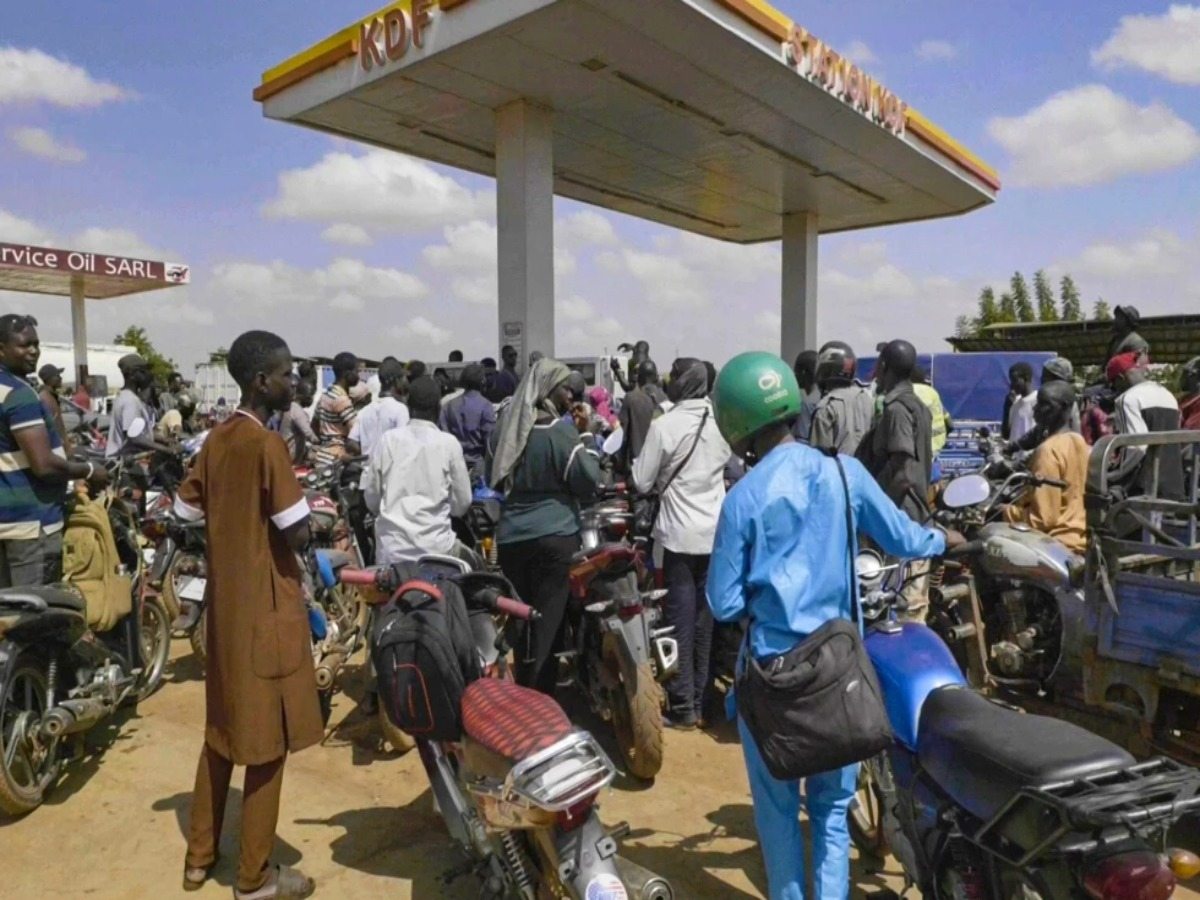The U.S. Embassy in Mali has urged all American citizens to leave the country immediately, warning of growing terrorist threats and a worsening fuel crisis caused by a blockade from an al-Qaida-linked militant group.
In an advisory issued Tuesday, the embassy in Bamako said, “U.S. citizens should depart using commercial aviation, as overland routes to neighboring countries may not be safe for travel due to terrorist attacks along national highways.”
This latest warning came just days after a separate October 25 alert that cautioned Americans against traveling to Mali because of “crime, terrorism, kidnapping” and other dangers.
The crisis follows a September blockade imposed by Jama’at Nusrat al-Islam wal-Muslimin (JNIM), an al-Qaida affiliate that declared a ban on fuel imports as part of its campaign against Mali’s ruling military authorities. The group’s fighters have torched more than 100 tanker trucks, leaving the country in severe fuel distress.
READ ALSO: Militant fuel blockade forces Mali to close schools nationwide
The impact has rippled across the nation. With movement restricted and fuel supplies dwindling, the government has temporarily shut down schools and universities nationwide.
Education Minister Amadou Sy Savane announced on state television Sunday that classes would be suspended for two weeks, citing the inability of students and teachers to travel. “Classes will be suspended for two weeks due to disruptions in fuel supplies that are affecting the movement of school staff,” he said.
The blockade has stranded hundreds of tankers at Mali’s borders, causing long lines at fuel stations in the capital and soaring prices for transportation and basic goods. The shortage has also further strained the economy, already weakened by years of insurgent violence.
Since coming to power in a 2020 coup, Mali’s military junta has struggled to deliver on its promise to restore stability. Despite receiving backing from Russian mercenaries following the expulsion of French troops, the country remains engulfed in insecurity.
In response to the crisis, the Malian army has begun escorting fuel convoys toward Bamako, though many have faced ambushes along the way.
Authorities say they are racing to stabilize fuel supplies and resume classes by November 10. “Authorities are doing everything possible to restore normal fuel supplies before classes resume,” Minister Savane assured.
READ ALSO: Mali hits back at U.S. with matching visa bond rule for American visitors
JNIM remains one of several armed groups active in the Sahel, a vast and volatile region stretching from North Africa to West Africa, where insurgent violence continues to expand.










